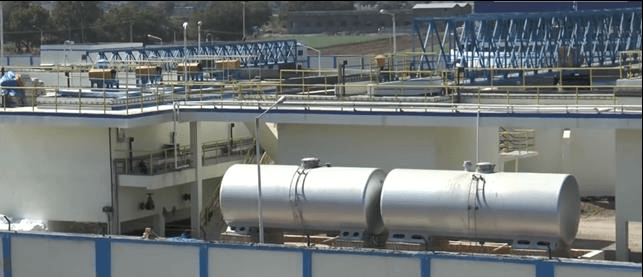Aquarius H2O Dynamics, an Indian OEM focusing on wastewater treatment, has selected NX Filtration to supply its hollow fiber direct nanofiltration (dNF) membranes for wastewater treatment at the common effluent treatment plant (CETP) in Jetpur in the Gujarat province of India. This is NX Filtration’s second project for Aquarius H2O Dynamics this year.
The system, based on 102 dNF40 membrane modules of NX Filtration, will be used for the recovery of caustic from the water intensive textile industries at Jetpur. Caustic is used for the purification of cellulosic fibers, removing hemicellulose and other impurities from the fibers, and for higher quality dyeing and printing operations.

The new membrane filtration system will enable CETP Jetpur to recover caustic from its wastewater streams for reuse in the textile industry. This not only savesspending on caustic for the textile industry, it also reduces treatment cost of caustic wastewater and ensures compliance with increasingly stringent discharge regulations.
Sandip Patel, Managing Director of Aquarius H2O Dynamics, comments: “Earlier this year we piloted with NX filtration’s unique hollow fiber nanofiltration membranes for various applications and already integrated their membranes for the industrial reuse of wastewater at the KKCL denim jeans company. This new application, for the municipal recovery of caustic, marks an important step for the future of wastewater treatment in India.”
Manish Ghogle, Sales Manager of NX Filtration in India, adds: “We are proud of this further development of our relationship with Aquarius H2O Dynamics. Our innovative hollow fiber direct nanofiltration membranes enable this simple and sustainable process of reusing wastewater. Compared to traditional wastewater treatment methods, we reduce the number of filtration steps, avoid the use of chemicals in the pre-treatment of the wastewater and significantly reduce energy use.”


